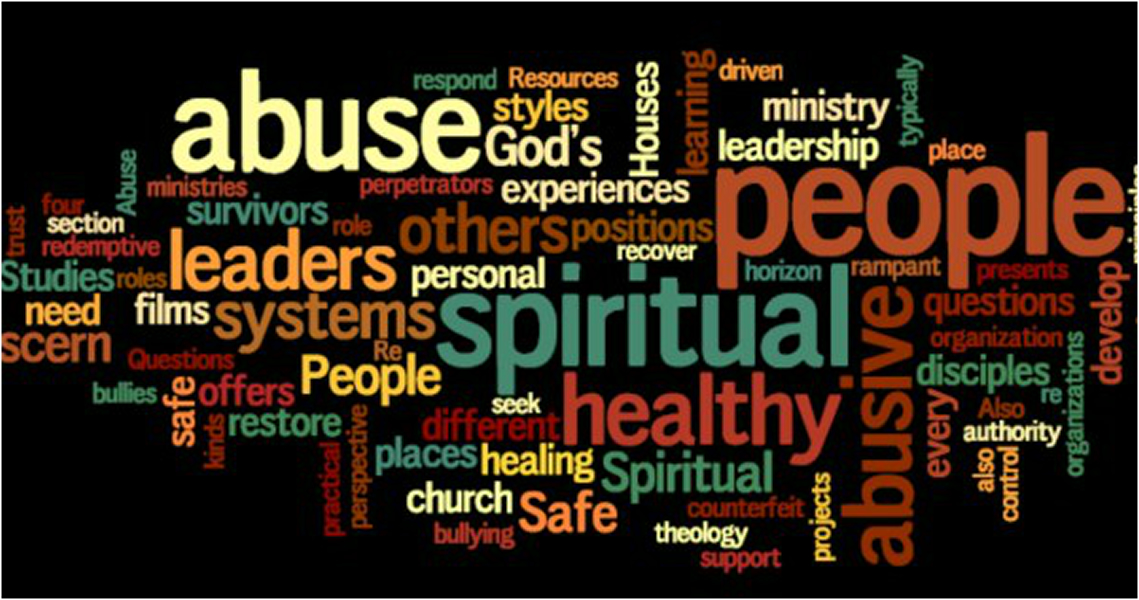The Ding / Dong Effect
Dialogue vs Monologue
Observations From My Journey 1970 – Date
Involved with: House Church, Open Meetings, Christian Commune, Charismatic, 5-Fold Ministry, Shepherding, Messianic, Homeschool Parent, Organic Participatory Non-Hierarchical Relational Ekklesia Fellowship (add your own adjective)
The Pendulum of Church Practices: Balancing Dialogue and Monologue
The classic “ding-dong” sound of a bell results from its swing between two extremes. This imagery reflects major movements in church history. When the Church recognizes errors in its practices, it often reacts by swinging to the opposite extreme to correct the mistake.
This overcorrection, while intended to highlight the flaws in current practices, can introduce new errors. The devil’s primary strategy (Plan A) is to obscure the truth. If that fails, Plan B is to push believers too far into an extreme version of that truth. Many truths exist in tension, balanced between opposing extremes. When a truth is taken to an extreme, it risks becoming an error.
Dialogue vs. Monologue: A Case Study
In many institutional churches, the Sunday sermon is a standard monologue delivered by the pastor. However, 1 Corinthians 14:26 reveals a different model:
“What then shall we say, brothers and sisters? When you come together, each of you has a hymn, or a word of instruction, a revelation, a tongue, or an interpretation. Everything must be done so that the church may be built up.”
This verse suggests that early church gatherings were interactive and participatory, with everyone free to contribute. The Greek word dialegomai, prevalent in the New Testament, refers to dialogue, not monologue. So how did the monologue sermon become the norm?
In ancient Rome, without modern entertainment like television, skilled orators were a primary source of public engagement. These speakers captivated audiences from a podium, a format that seems to have influenced the modern sermon. In reaction, some have argued that the New Testament contains no examples of monologue teaching or preaching.
Examining the Evidence
This claim warrants scrutiny. Paul’s letters, which form a significant portion of the New Testament, can be considered monologues—extended teachings written to instruct churches. Acts 28:30-31 further supports this:
“For two whole years Paul stayed there in his own rented house and welcomed all who came to see him. He proclaimed the kingdom of God and taught about the Lord Jesus Christ—with all boldness and without hindrance!”
The word translated as “proclaimed” or “taught” here is didaskōn, which refers to teaching and often implies a monologue format. In the house church movement, many publish books, use YouTube channels and blogs—clearly monologue formats—to share teachings. Even house church conferences often feature speakers delivering monologues about the interactive nature of early church gatherings.
Finding Balance
Why must it be an either-or choice between dialogue and monologue? Both have a place. The presence of monologue teaching does not negate the value of dialogue or participatory gatherings. Some who strongly advocate against monologues express their views through monologue-style blog posts. They may argue that comments on these posts constitute dialogue, but the posts themselves are undeniably monologues followed by discussion. This, in itself, supports the idea that both formats can coexist.
In conclusion, church practices often swing like a pendulum, overcorrecting in response to perceived errors. By recognizing the value of both dialogue and monologue, the Church can maintain a balanced approach, fostering participation while still benefiting from focused teaching.
© 2025 B Arnold Stein

